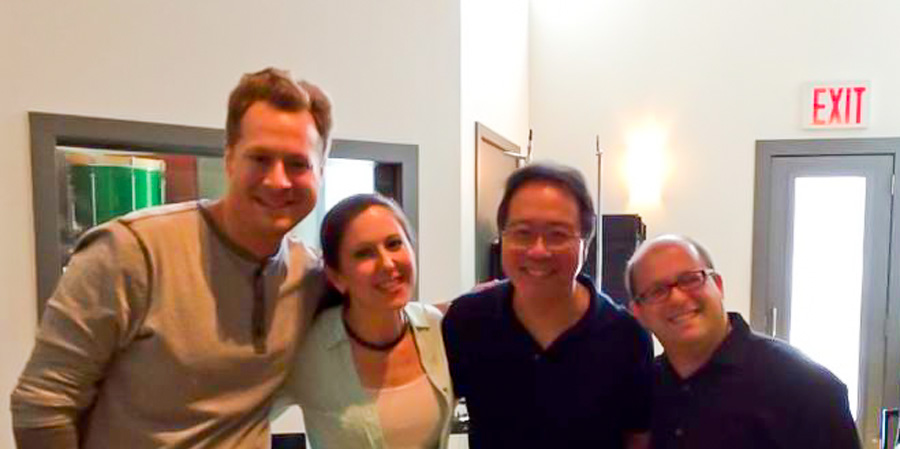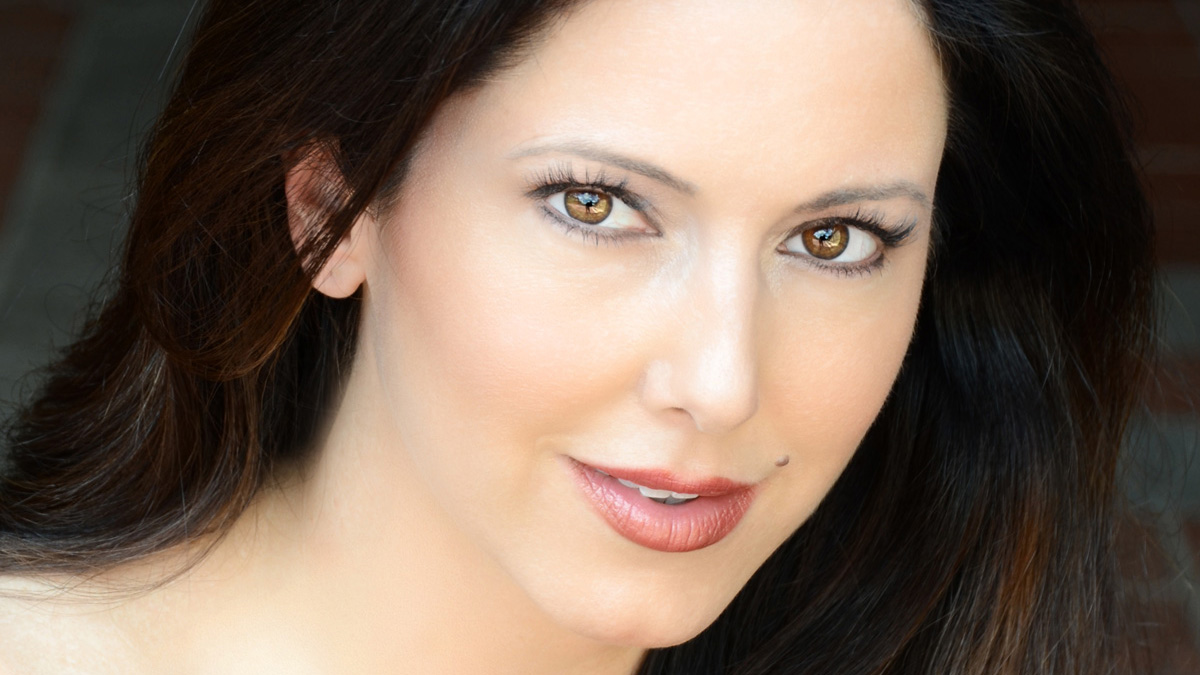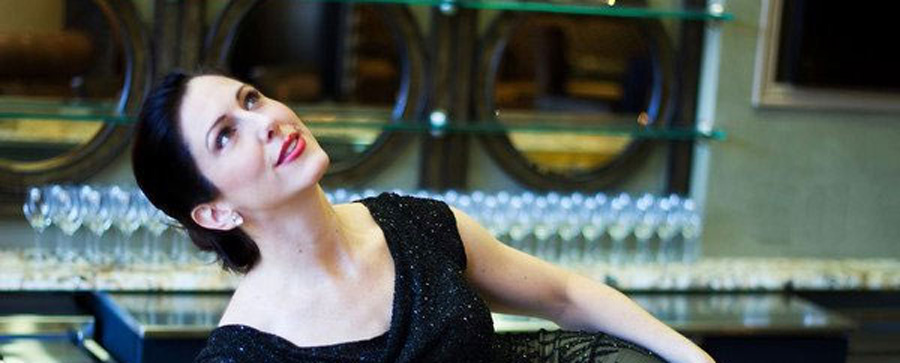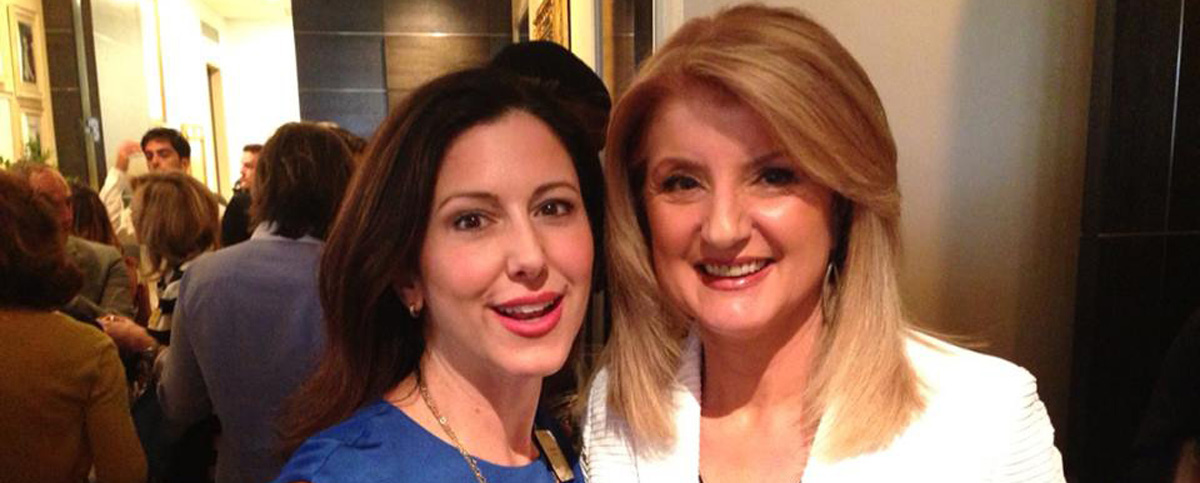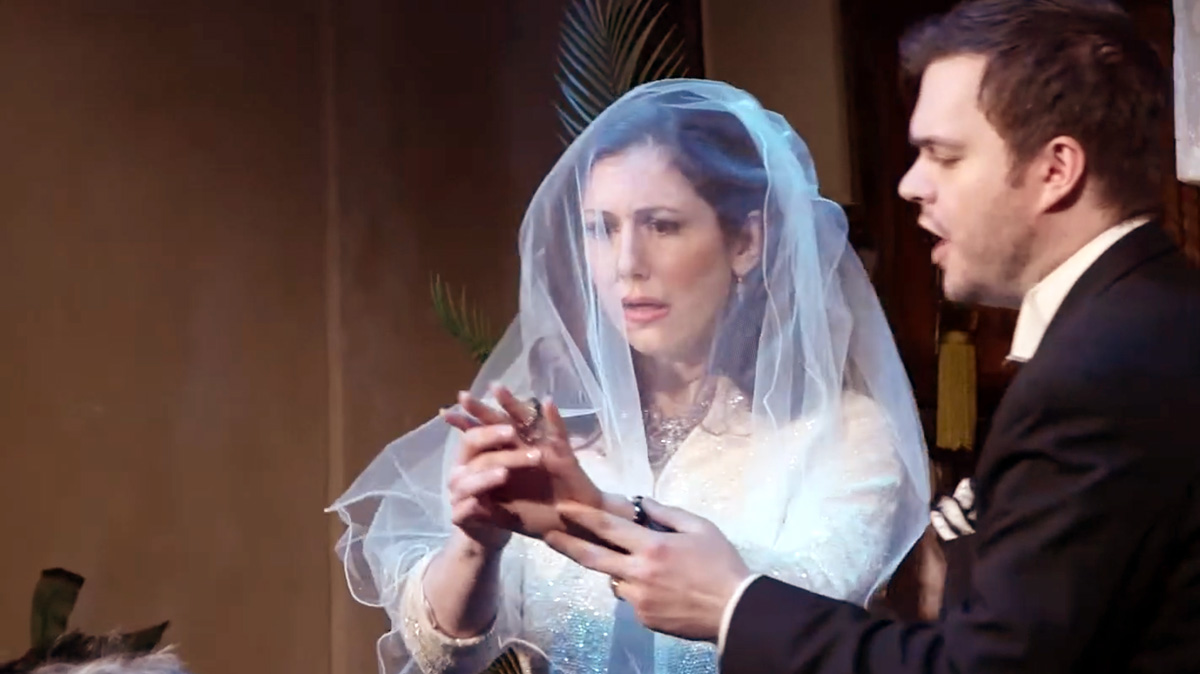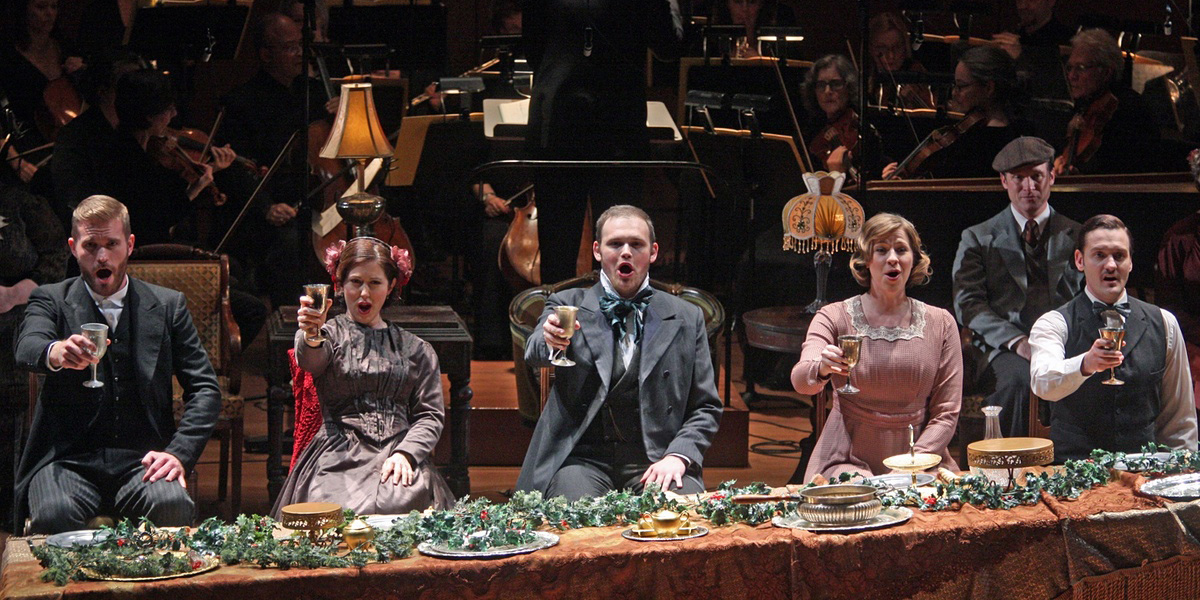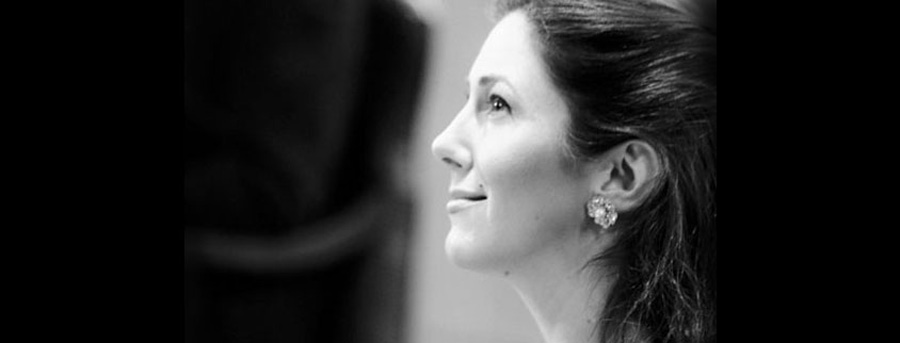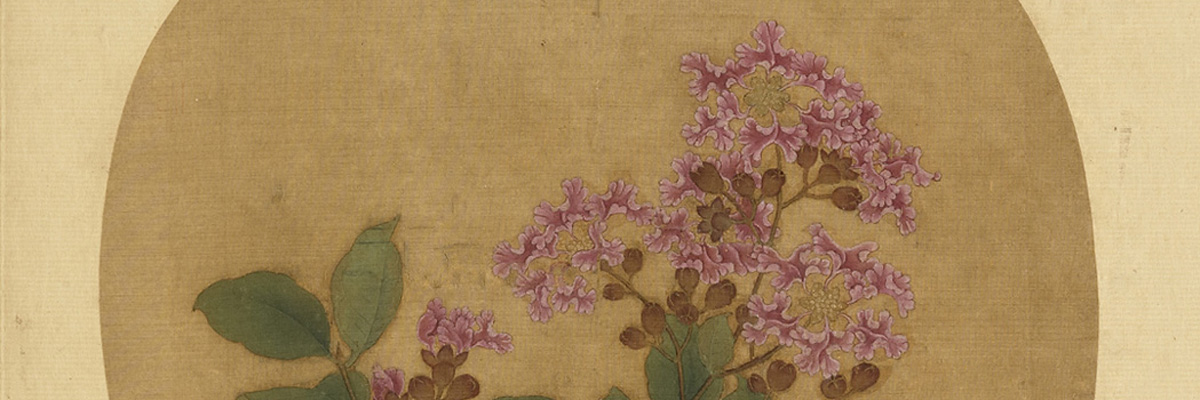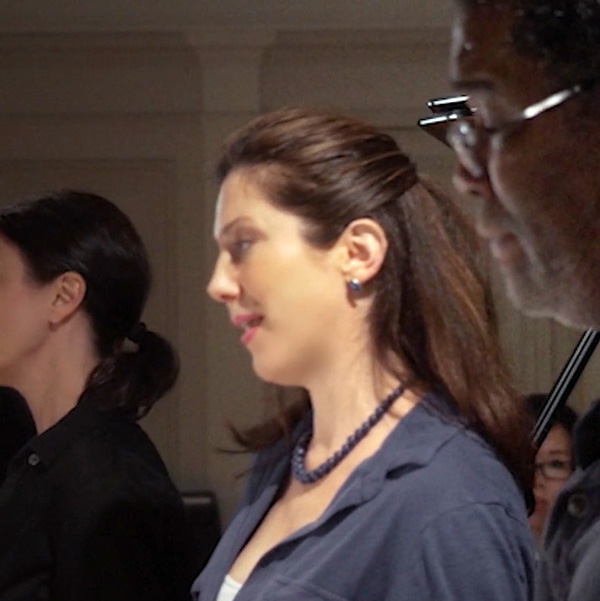Juilliard Journal article by Camille Zamora, Sing for Hope Co-Founding Director
Vol. XIX No. 8 May 2004
BY CAMILLE ZAMORA
May is here at long last—and with it, a sense of new beginnings. For those of us “commencing” on May 21, the sense of stepping off and starting again is heightened and, at least in my case, accompanied by questions large and small. Has it really been four years since I attended my first class at Juilliard? Where will this arsenal of skills that I have learned here take me? What does it mean to be an opera singer in a world in which most Americans my age are painfully unaware of and unexposed to the passionate performances, vividly drawn characterizations, and—yes —confusion-dispelling supertitles that inform good opera today? A world in which, frankly, the only point of operatic reference for most Americans my age is Looney Tunes? Does this world, racked as it is by war and uncertainty and Britney Spears and trans fats, really need another entry-level soprano?
I think I can answer that last question positively because of a blessing that came into my life in the form of a curse nine years ago. At the time I was living in my hometown of Houston, and I received a call from Frank Logan, a dear friend of mine from high school who was in his senior year at the Manhattan School of Music earning his degree in vocal performance. In general, things were going well for him: He had just sung in an important public master class; he had made his musical-theater debut in an Off-Broadway Sondheim revue that had garnered him praise from The Times (and, more importantly, from Mr. Sondheim himself); and he was feeling, in short, like a tenor full of all the wisdom of his 23 years and ready to make his mark. Recently, however, due to an overly long winter similar to the one from which we have just emerged, he had been feeling under the weather and had decided to take a leave from school and come home to Houston for a while to recuperate. What he did not tell me—and what he chose to keep secret from all of his friends and family—was that he had AIDS.
Upon Frank’s arrival in Houston, it was immediately evident from his weight loss and weakness that he needed to be hospitalized for treatment. Visiting him at the county hospital was painful, as the overworked nurses were unable to provide him with the kind of care he needed. (For example, while they delivered all of his meals, they were often unable to stay and feed him when he was too weak to feed himself.) It became apparent to his family and friends that he could not stay there, but we also knew that we could not provide for him the kind of round-the-clock medical care that he required.
The hospital counselors put us in touch with an AIDS hospice—which, oddly enough, Frank and I had passed thousands of times in earlier years, as it was across the street from the Performing Arts High School we had attended. Omega House is an eight-bed facility offering palliative medical care, staffed largely by volunteers who not only had time to feed residents when needed, but also to play Scrabble and take walks. It is a home in the truest sense, and the caregivers there welcomed Frank in an atmosphere of comfort, warmth, and respect. When he died six weeks later, it was in a beautiful private room with clouds painted on the ceiling, surrounded by friends and family, with dignity and peace.
In the weeks following Frank’s death, I volunteered periodically at Omega House, and one afternoon, talking with another volunteer, we came up with the idea of doing a small fund-raising recital for Omega House and its umbrella organization, Bering Omega Community Services. We figured that we could find a small, local performance hall and ask them to donate it on a dark night, charge $25 a ticket, and donate the proceeds to the organization. For good measure, we’d throw in a silent auction (we canvassed local businesses for the donation of free haircuts and the like, which felt slightly awkward at first, until we realized that asking for gifts on behalf of a cause in which one believes is surprisingly chagrin-free). For the concert, An Evening of Art Songs and Arias for AIDS, several friends and I sang for about 100 folks and, to our amazement, earned $2,000 for Bering Omega. Nine years later, thanks to the amazing generosity of my musical friends (among them, Juilliard singers Sarah Wolfson, Deborah Domanski, Erin Smith, Kathleen Flynn, Simon O’Neill, Michael Slattery, Jorge Garza, Lester Lynch, Randall Scarlata, Brian Mulligan, and pianist Ken Merrill), the steadfast support of Continental Airlines and other corporate sponsors, and the vibrancy, integrity, and heart of Bering Omega Community Services, the concert is now one of the largest annual AIDS concerts in the country, having raised close to $1 million in the last decade for people living with H.I.V./AIDS.
Although AIDS is no longer front-page news, as it was several years ago, the need for care is more pressing than ever. In the U.S. and worldwide, the largest change in AIDS infection is not any diminution, but simply a shift in demographics, with increasing rates of infection among lower- income women and children. In Houston every fall, we sing to honor those whom we have lost to the disease, and those currently living with it. In so doing, we heal ourselves. The several days of rehearsal and performance together each year are a moment to reconnect with friends, with music that we choose, and with a standing-room-only audience that may not be composed of operaphiles but is nonetheless alive, loving, and open to the possibilities of this repertoire. Our music helps us to heal and unite the community because, as we all know, this art form of ours has a unique power to release blocked tears, pry open hearts, and bind groups of people together.
In giving our performances, we in turn receive a gift that is often lost in the sea of auditions, competitions, and other careerist concerns: the assurance that, yes, the world does need our music, and that one more soprano, entry-level or otherwise, is indeed necessary. The event has become my heart’s answer to my mind’s questions about audience development and artistic relevance. Perhaps the key is not only in cultivating an audience to meet us on our territory for our preset menu, but in seeking a community waiting and wanting to come together in listening. Perhaps we should think of causes and communities that speak to our hearts, go to them, join with them, and offer them our music. We’ll be “commenced” by our interaction with them. We will be reconnected with our art.
In the words of the wonderful, gentle Arthur Ashe, himself a victim of AIDS: “True heroism is remarkably sober, very undramatic. It is not the urge to surpass all others at whatever cost, but the urge to serve others, at whatever cost.” There are no better words to describe the volunteers and residents of Bering Omega Community Services, whom we honor each year with our song. The loss of my friend Frank connected me to this community, and this community connected to me to something essential in this art of ours. For that I am forever grateful.
© The Juilliard School. All Rights Reserved.




